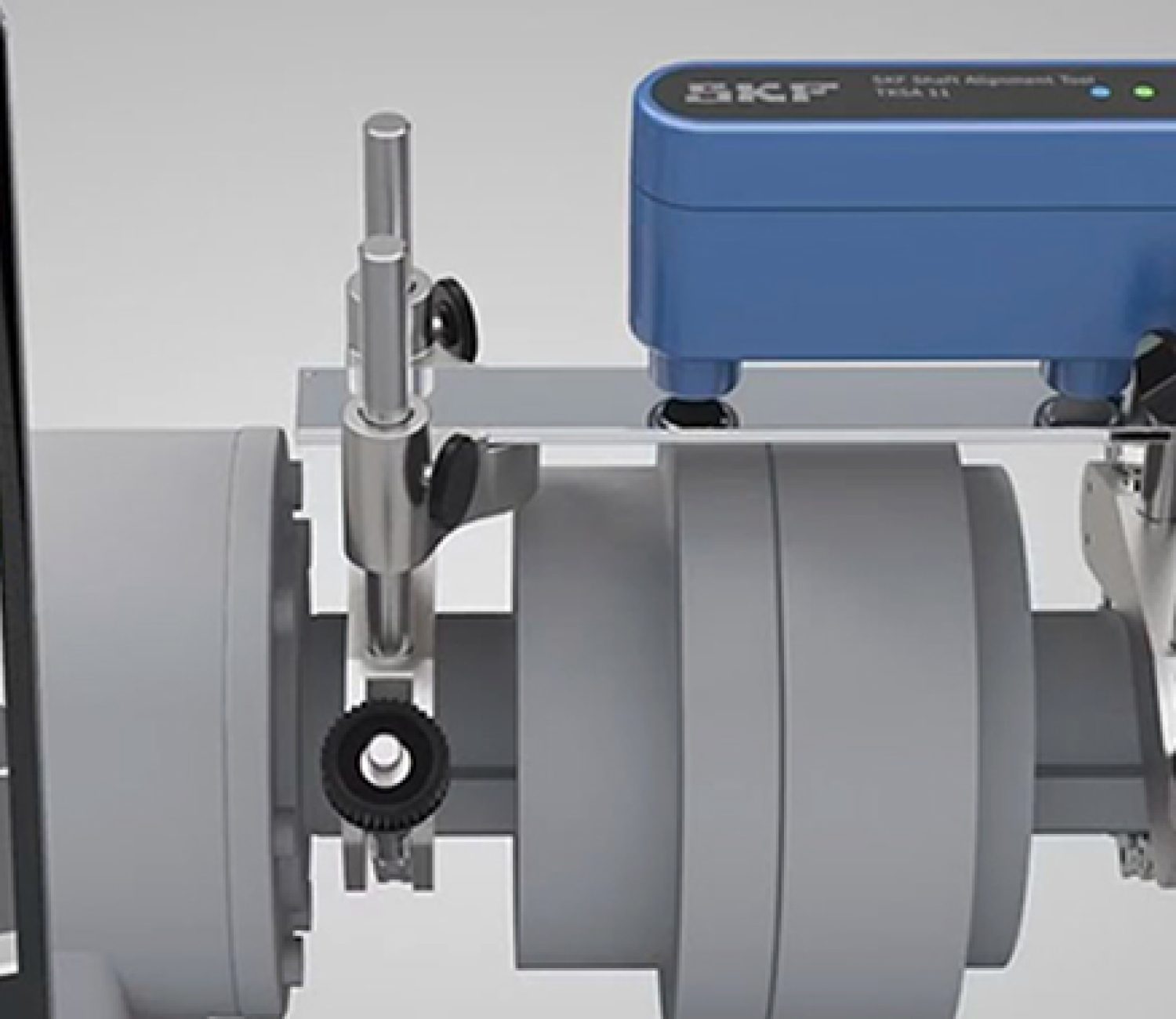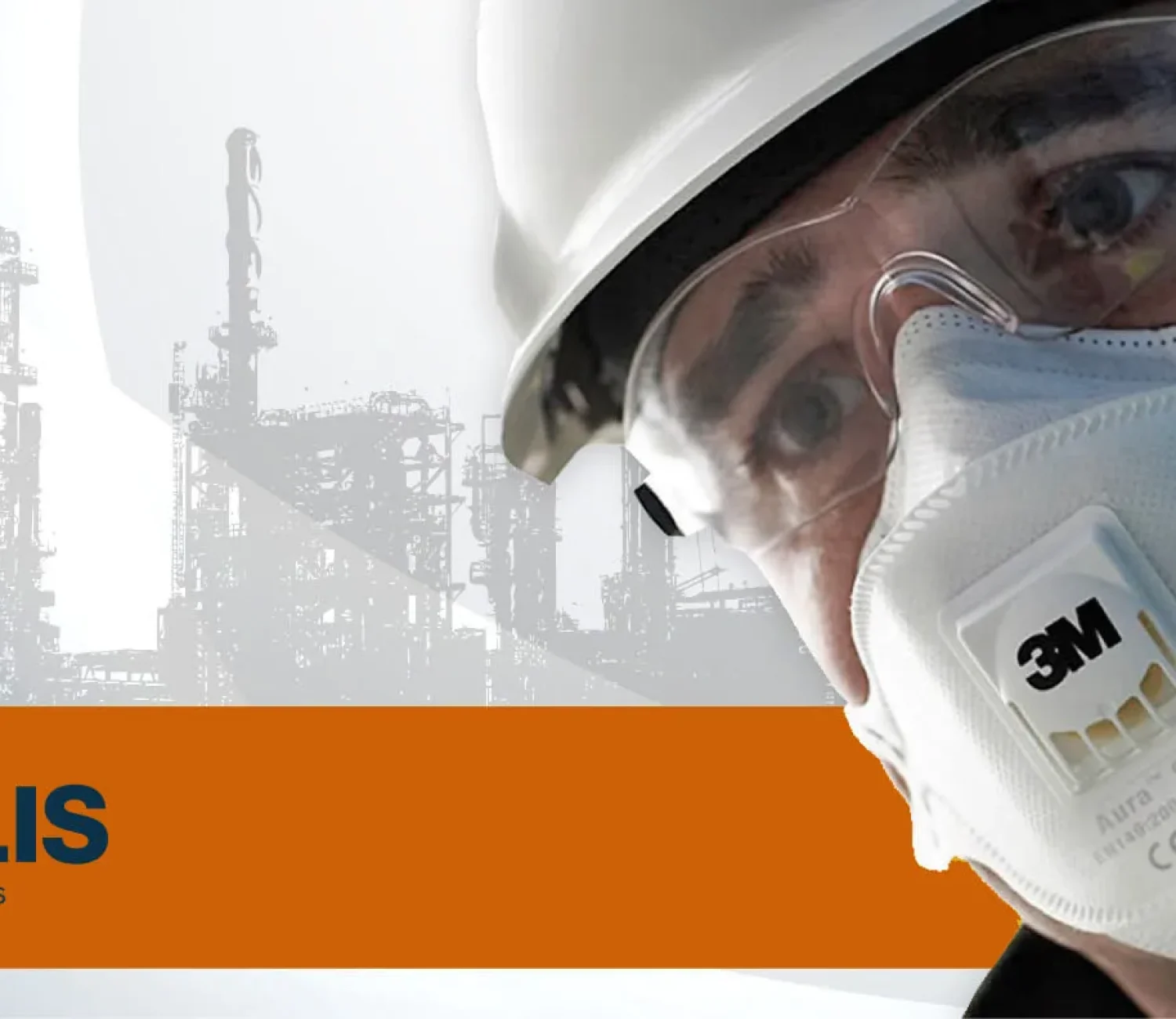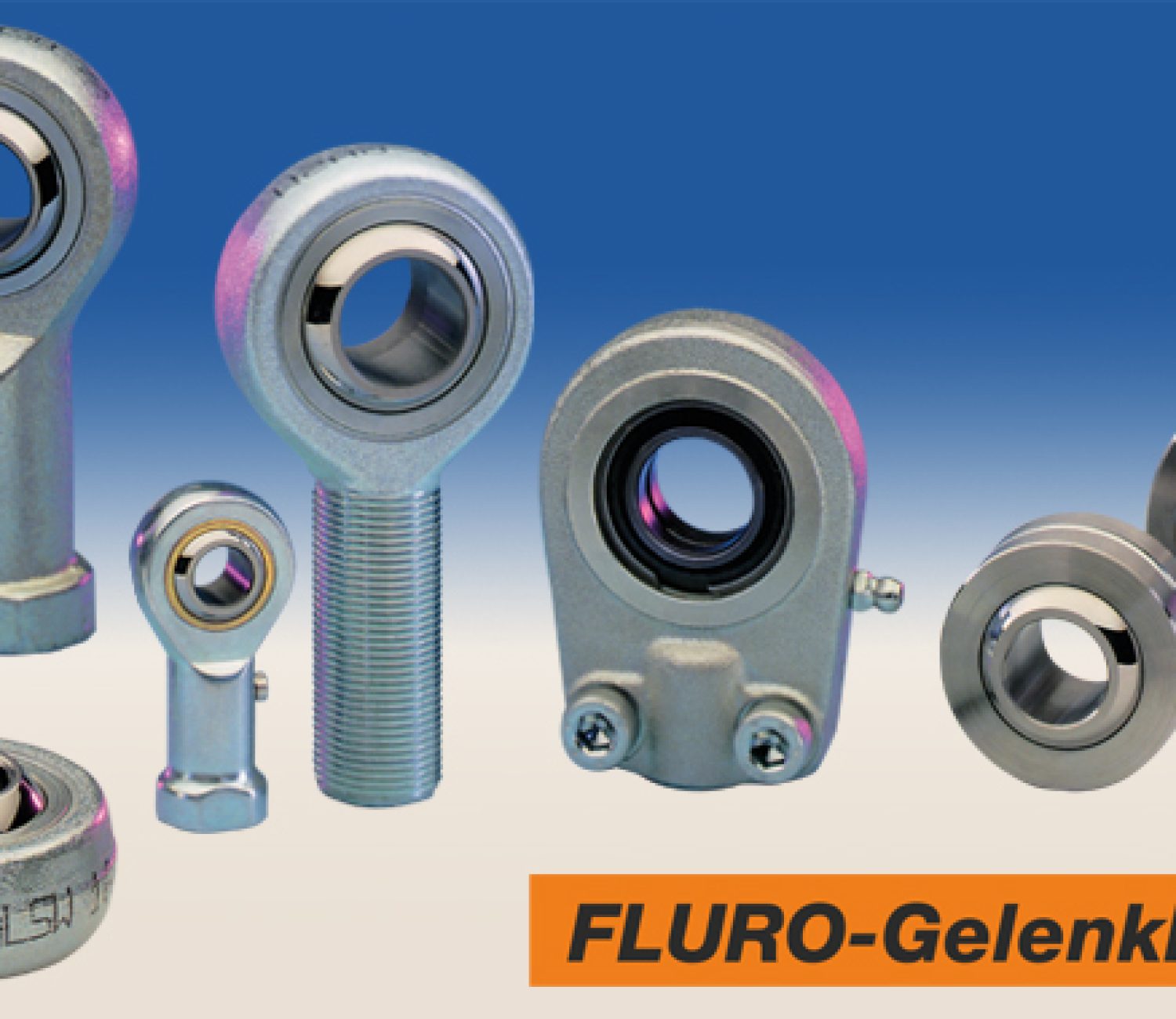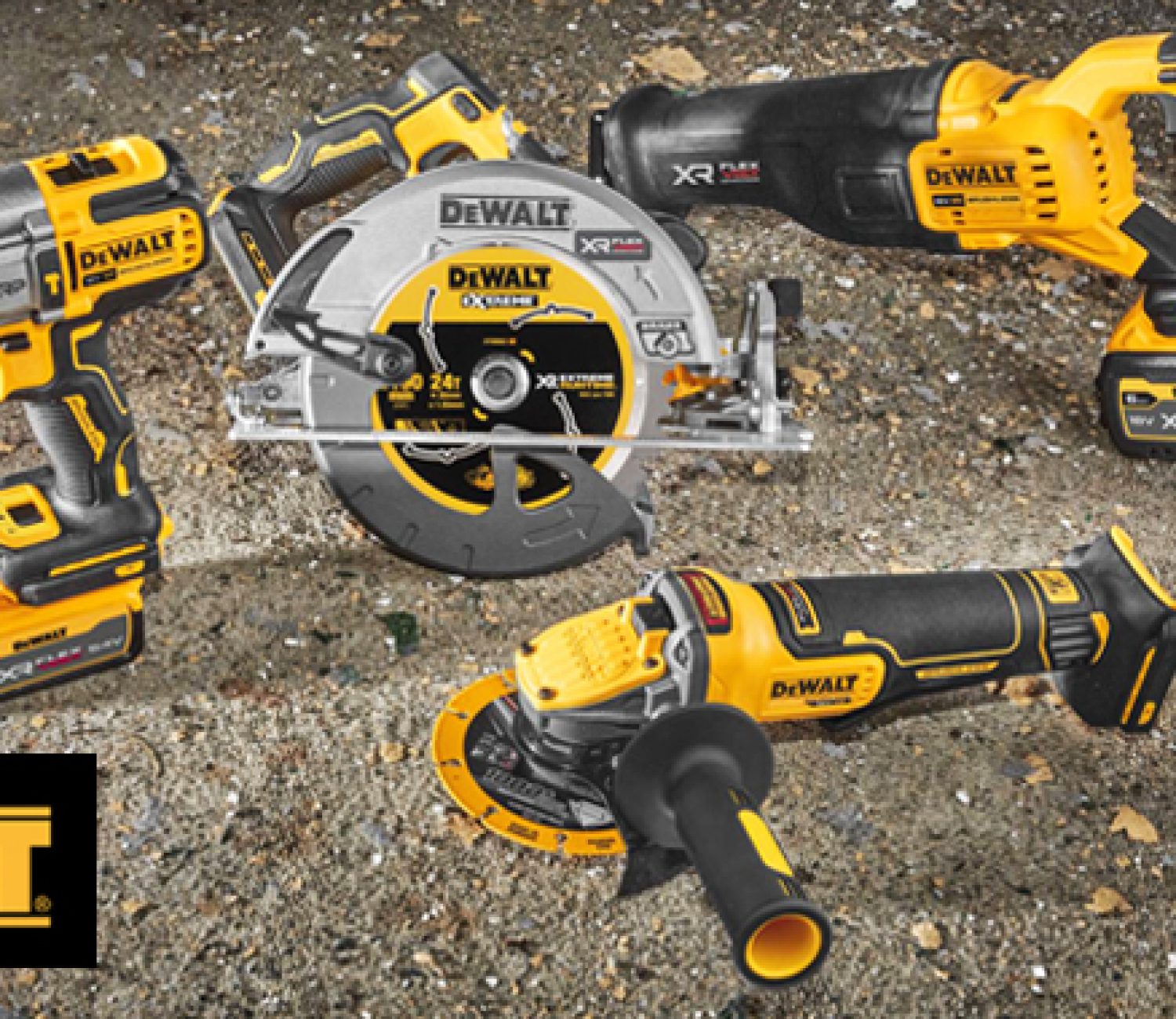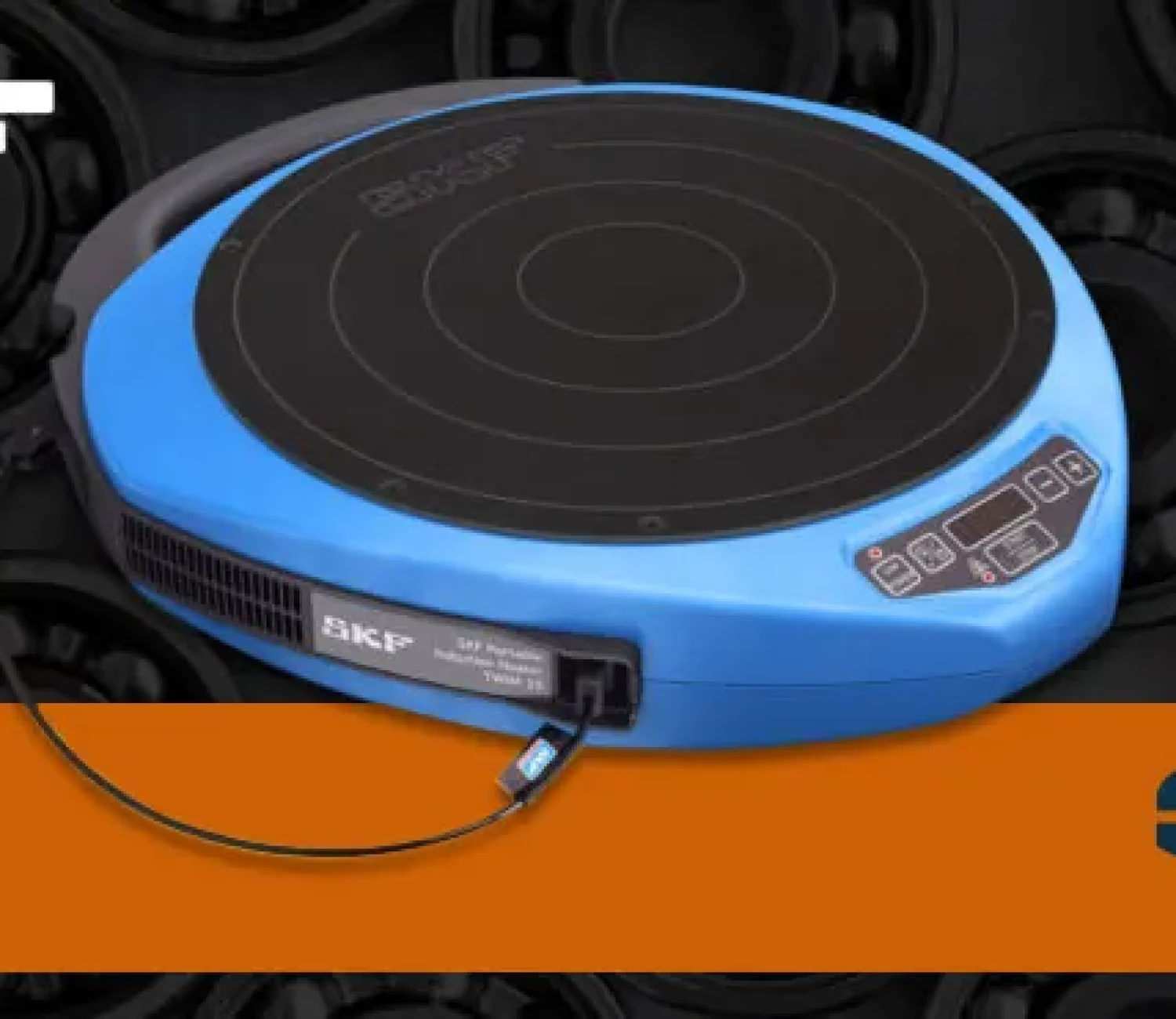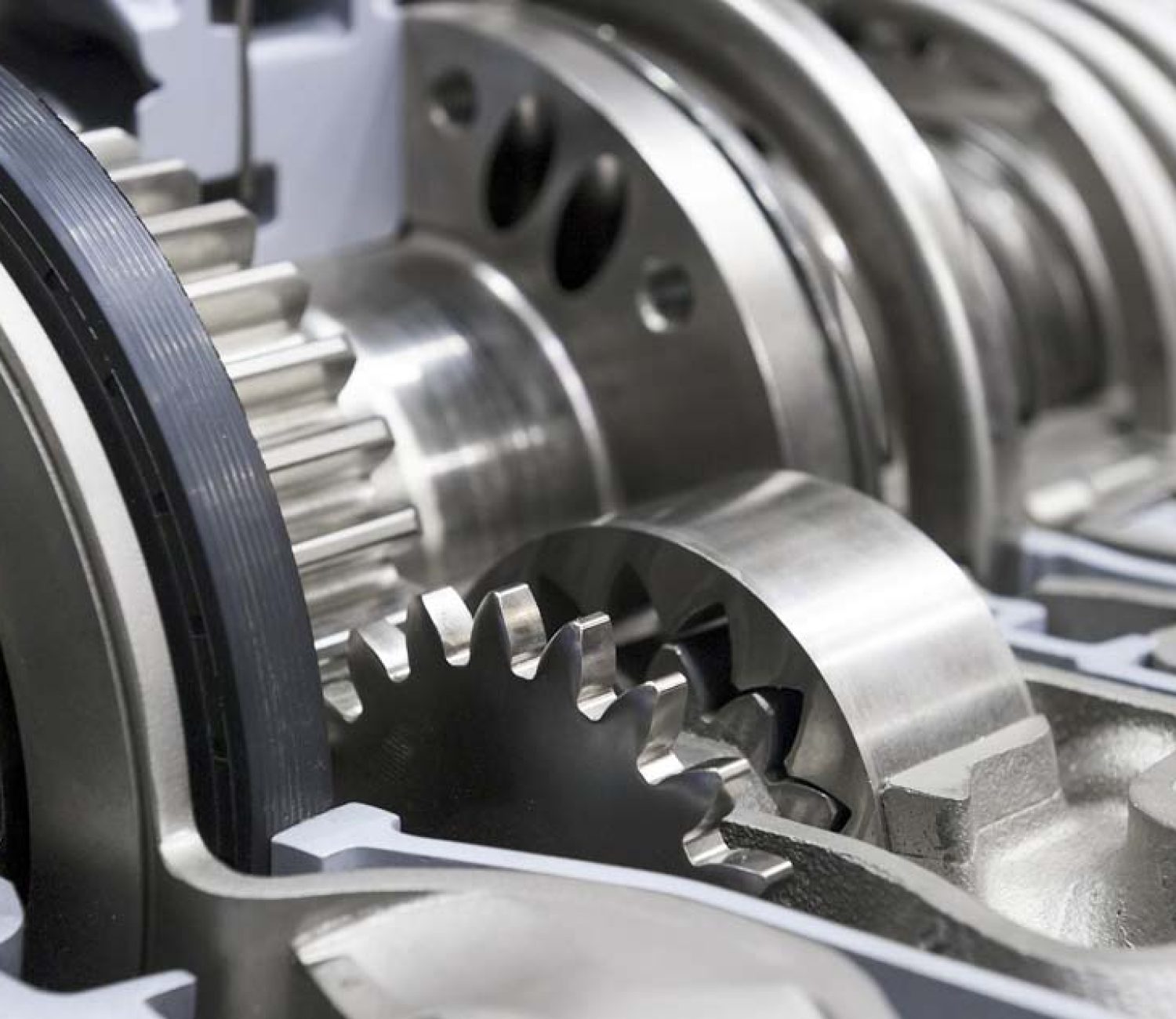The annual direct cost of metal corrosion and rust is estimated to be approximately 2.1 billion euros worldwide.
The corrosion and oxidation of the materials can have a multitude of negative effects.
These negative effects translate into an increase in maintenance and repair work, which means an additional economic expense.
But they do not only entail economic losses.
A metal structure that has suffered the effects of corrosion and oxidation, besides losing quality, can cause accidents such as disease transmission or collapse.
In this article we tell you more about corrosion and rust, as well as methods to protect and treat surfaces against these effects. Here is the table of contents:
Index
Difference between corrosion and oxidation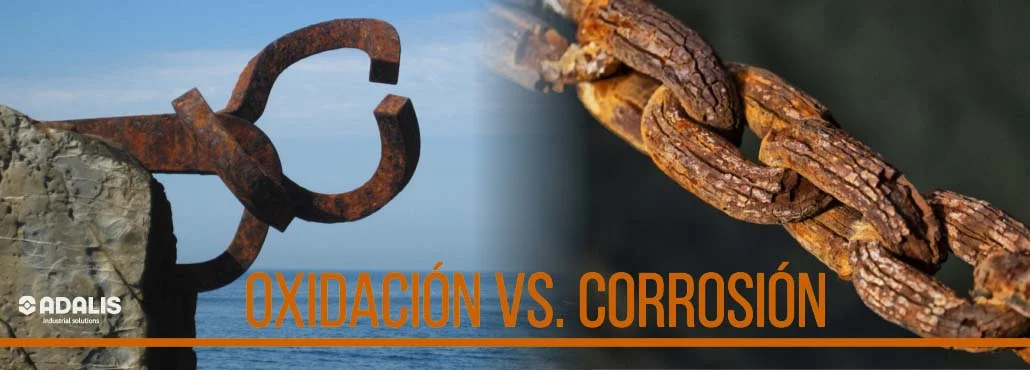
Corrosion and oxidation are two terms that are closely related.
Both concepts are chemical processes that cause the disintegration of metals.
But you may be wondering, what's the difference then?
Simply explained, Oxidation can be understood as the attack of oxygen, either in the form of air or water, on any metal.. Continuous contact produces a surface reaction that generates brown or reddish stains known as rust.
On the other hand, corrosion is an electrochemical process that deteriorates metal surfaces, causing them to lose their properties.. The most common reason is oxidation.
In other words, we can state that in the case of metals, we can affirm that oxidation is the attack of oxygen, and corrosion is the deterioration suffered byoften due to oxidation.
To exemplify both concepts, let's imagine a metal part outdoors. The oxygen in the raindrops and the environment itself would subject the metal part, oxidizing it.
This oxidation would cause the corrosion effect, resulting in a deteriorated metal part.
Protection against corrosion and oxidation
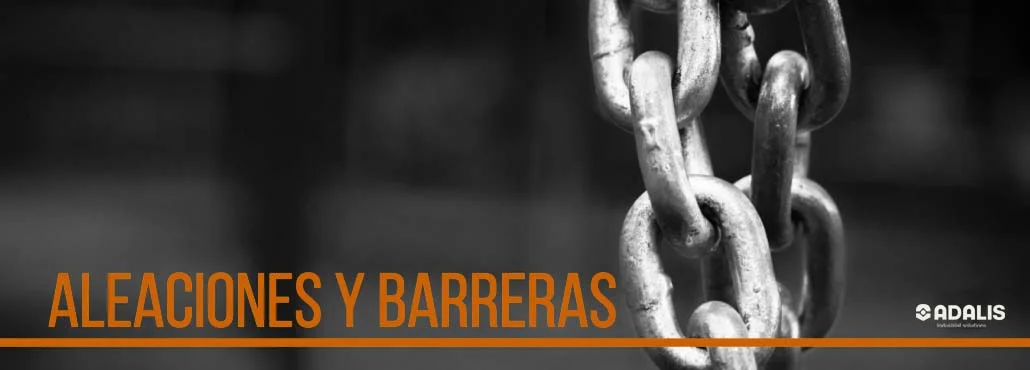
Rust and other forms of corrosion can cause safety problems and worsen the integrity of equipment and supplies.
Below we explain which methods can be used to protect the materials.
Stainless steel and resistant metal alloys
The simplest method to avoid the corrosion and oxidation is to use metals resistant to these effects such as stainless steel and aluminum.
There are different metal alloys that provide greater strength and resistance.
For example, nickel has properties that make it resistant to corrosion. If we combine it with chromium, which is resistant to oxidation, we obtain an alloy between two metals that can be used in environments prone to corrosion and oxidation.
The problem with using metal alloys or stainless steel is the high cost compared to other materials.
Anti-corrosion coatings and surface treatments
Using coatings that form a barrier on the surface of metallic materials can be a very effective method of protection.
Different epoxy, nylon and urethane coatings create a protective layer from the electrochemical charge coming from the corrosive compounds.
Today's protective coating systems serve different functions. The primer coat acts as an inhibitor, the intermediate coat increases the thickness and the topcoat provides resistance to environmental factors.
Galvanized
The most common hot-dip process for industrial applications is galvanizing, which refers to the coating of zinc on iron or steels to protect them from corrosion and rust.
This method, which has been used for more than 250 years, has several disadvantages:
- Cannot be performed in situ.
- Impossibility to apply on too large pieces.
- Exposure to the environment can accelerate the zinc wear process.
- It is very toxic.
Weicon solutions to protect and treat corrosion and oxidation
WEICON offers multiple solutions such as technical sprays and technical liquids for corrosion protection and coating.
These products offer a long-lasting and effective protectionIt is an ideal choice for the repair of damaged metal surfaces and components.
Depending on the different needs, Weicon offers a wide selection of products of proven quality for the different phases of corrosion (prevention, protection and elimination).
Corrosion and surface protection
Weicon has a multitude of technical metal sprays and liquids for the protection of surfaces against corrosion and oxidation.
They adhere perfectly to the surface creating a high quality corrosion protection layer. One of the particles that best protects against corrosion is zinc and is therefore the basis for several of Weicon's technical metal sprays.
Also noteworthy is the quality of the zinc particles used (reaching, in some cases, a high purity up to 99.9%) and their geometry.
In general, Weicon technical metal sprays with zinc particles use a flake geometry (as opposed to spherical geometry) which makes it more difficult for moisture to pass through and thus improves corrosion protection.
Within this family of Weicon products, we would like to highlight the Zinc Spray which offers a protection of more than 1,050 hours in salt spray tests (ISO 9227).
In addition to technical metallic sprays, Weicon also offers painting solutions (with different metallic particles) and a solution for temporary wax-based corrosion protection, such as the Corrosion Protection Spray for the temporary storage of metal parts or their transport by sea.
If you are looking for a simple way to protect your surfaces from rust, these products can help.
Rust prevention
The Weicon antiseizes protect against corrosion, rust, seizure and wear and tear of metallic materials.
Its properties are excellent for prevent the appearance of corrosion mainly in the joints of metal parts. They are ideal for preventing the appearance of galvanic couple in the joints of parts with different metals and, in addition, these assembly pastes have a temperature resistance of -180 ºC to 1400 ºC which make them ideal for heavy-duty parts.
The use of Weicon antiseizes, both in production and maintenance tasks, will generate further savings and/or solutions against seizure or seizure of metal parts.
Oxide converters
Weicon has rust converters in different formats and colors that remove and neutralize rust from surfaces.
Thanks to their special formula, these converters penetrate corrosion and convert iron oxides into a black layer that stops the oxidation process.
In addition, the Weicon Oxide Converter Spray creates a primer coat, based on epoxy resin, protecting the material and preventing corrosion from spreading further.
Loosener
The Weicon® loosening sprays are optimal for the repair, maintenance and upkeep of all types of components and materials.
Thanks to the penetrating effect of the base oil of the Afoljatodo Fluid Spray or from the cold shock produced by the Spray Aflojatodo FluidThese products are very useful to apply on already rusted connections such as screws, hinges and joints.
In Adalis we have all the anticorrosive products mentioned in this post. Our experience and the close collaboration we have with Weicon allows us to solve any possible doubts you may have about which type of solution to use. Contact our professional team.


